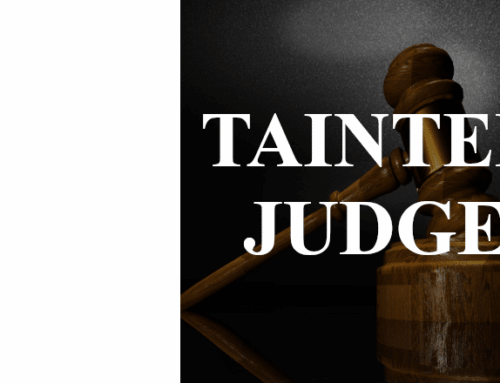Catholic League president Bill Donohue comments on the notion that clericalism causes sexual abuse:
It is popular in left-wing circles to adopt the Marxist vision of society, one which interprets social interaction purely on the basis of power. According to this perspective, society consists of power brokers and their subjects, and not much more. This is a very narrow lens, a myopic condition that blinds them to reality.
Applied to the clergy sexual abuse scandal, those on the Left, such as the National Catholic Reporter and Faith in Public Life, blame clericalism, or elitism, as the cause of the scandal.
An editorial in today’s National Catholic Reporter says clergy sexual abuse has “its roots deep in a clerical culture that valued secrecy, privilege and power over the welfare of child victims and their families.”
Similarly, John Gehring of Faith in Public Life (who is funded by atheist billionaire George Soros) says today that “The root cause of this existential crisis for the church is clericalism, an insulated patriarchal culture where priests and bishops are viewed as a privileged class set apart.”
Father Hans Zollner, a Jesuit who is helping to organize the bishops’ summit on sexual abuse, also believes that “abuse of power” is the cause of the scandal.
Clericalism, of course, has never provoked a single priest to abuse anyone. That is a function of sexual recklessness, a behavior more commonly exercised by homosexual priests than their heterosexual counterparts. In short, irresponsible decisions account for sexual molestation, not a mantle of power.
Think of it this way. If elitism caused sexual abuse, then those who occupy positions of power in the National Education Association (NEA) should be more likely to abuse minors than the teachers who occupy a subordinate position. But it is not the NEA executives, anymore than it is the bishops, who are sexually acting out, it is the teachers and the priests who serve under them.
Does this mean that clericalism plays no role in the scandal? No. There are two parties to this problem: the enabling bishops and the molesting priests.
Some of the former failed to act responsibly because they had a “bishop knows best” mentality, which is a form of clericalism. But that had nothing to do with the behavior of the abusers. Others listened to the therapists, many of whom were not supportive of the Church’s teachings on sexuality, and who therefore contributed to the problem. Their role in the scandal is still underreported and underrated.
The preoccupation with clericalism on the part of so-called progressive Catholics has more to do with their myopia, and their desire to divert attention away from homosexuality, than with a pursuit of the truth. No one should fall for their game.









